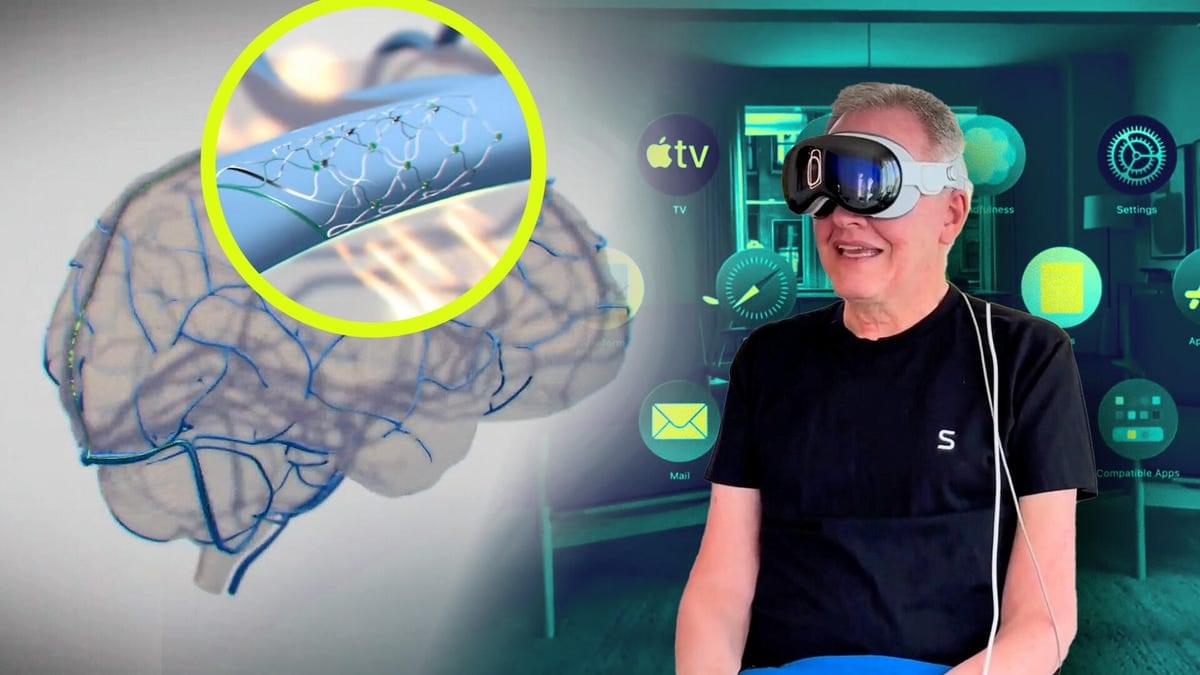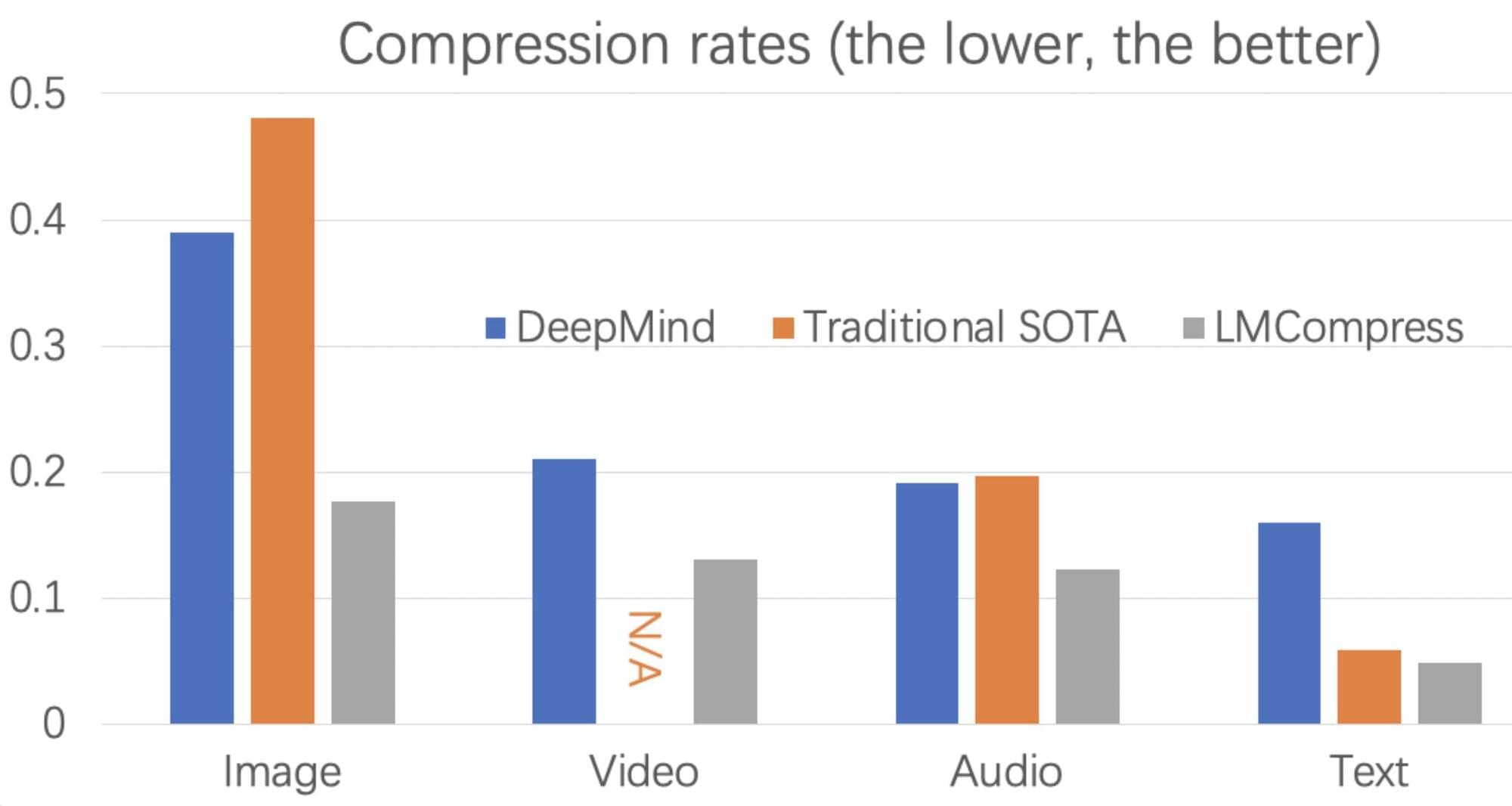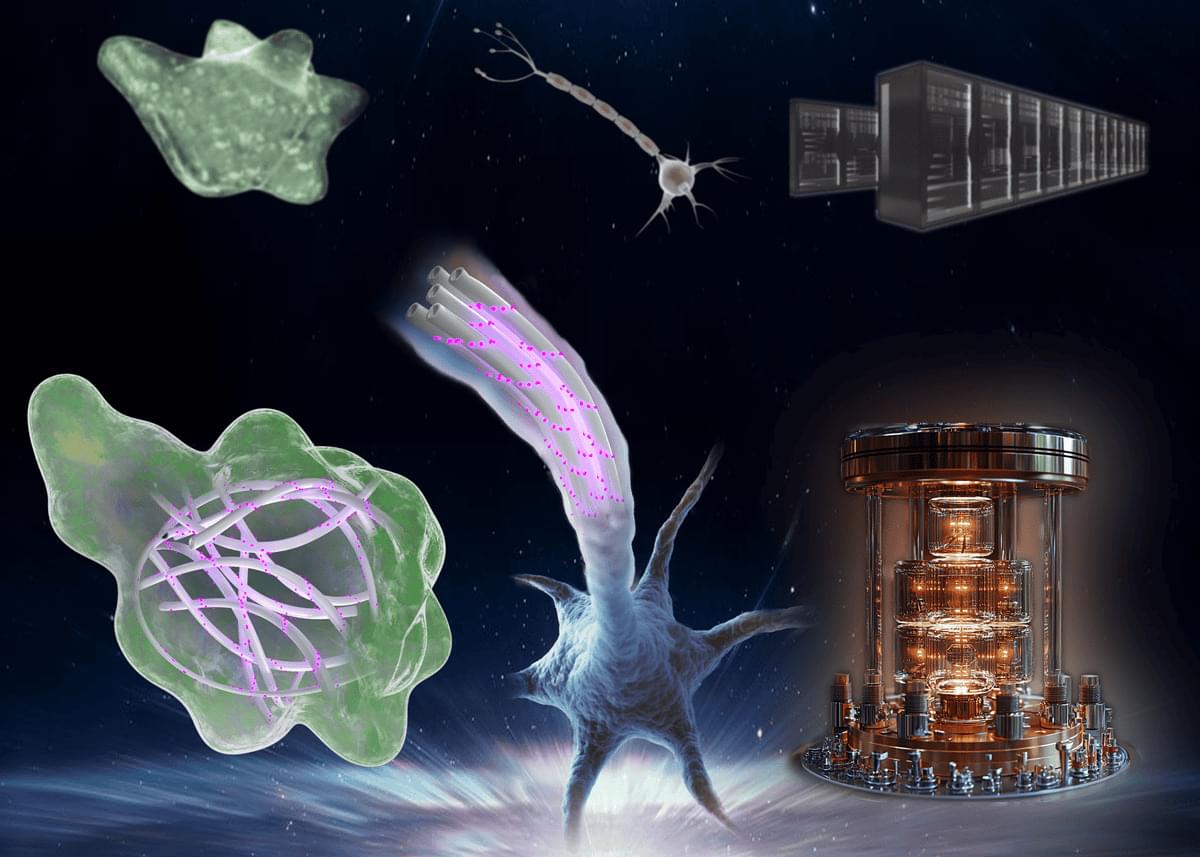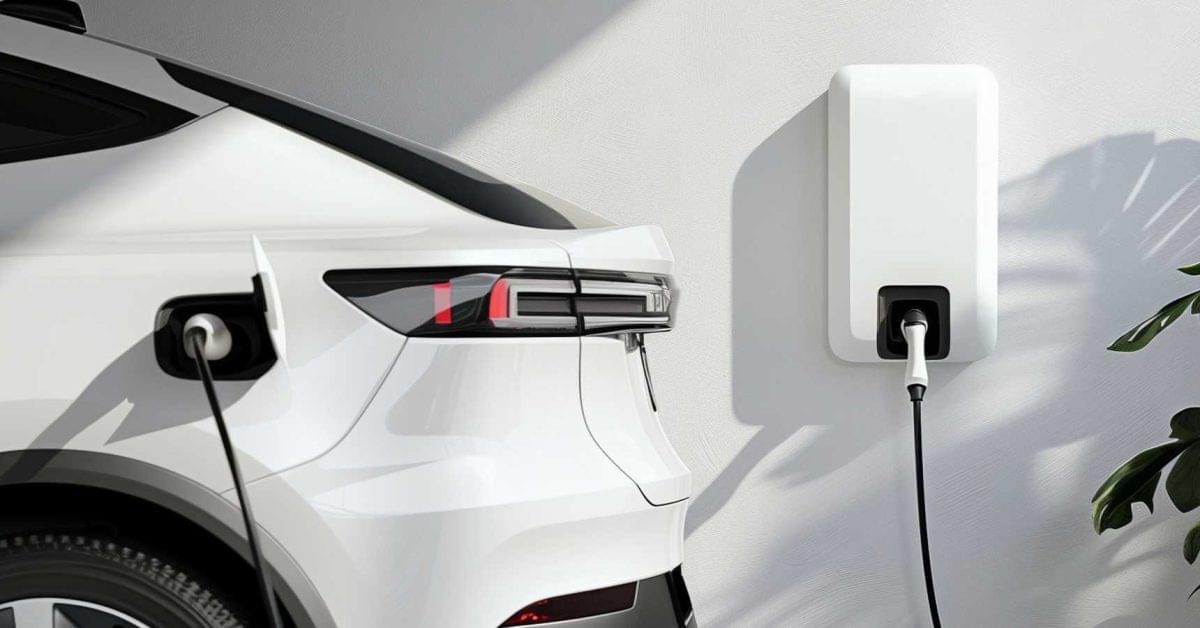Years after outsourcing marketing and customer service gigs to AI, the Swedish company Klarna is looking to hire its humans back.
A new memorandum has firmed up China and Russia’s intent to lead the construction of a new lunar base to be completed by 2036, as NASA talks about scaling back its own lunar ambitions.
Apple is making progress on a standard for brain implant devices that can help people with disabilities control devices such as iPhones with their thoughts. As reported in The Wall Street Journal, Apple has plans to release that standard to other developers later this year.
The company has partnered with Synchron, which has been working with other companies, including Amazon, on ways to make devices more accessible. Synchron makes an implant called a Stentrode that is implanted in a vein on the brain’s motor cortex. Once implanted, the Stentrode can read brain signals and translate that to movement on devices including iPhones, iPads and Apple’s Vision Pro VR headset.
As we saw last year, a patient with ALS testing the Synchron technology was able to navigate menus in the Vision Pro device and use it to experience the Swiss Alps in VR. The technology could become more widely available to people with paralysis. The company has a community portal for those interested in learning about future tests.
A new memorandum has firmed up China and Russia’s intent to lead the construction of a new lunar base to be completed by 2036, as NASA talks about scaling
People store large quantities of data in their electronic devices and transfer some of this data to others, whether for professional or personal reasons. Data compression methods are thus of the utmost importance, as they can boost the efficiency of devices and communications, making users less reliant on cloud data services and external storage devices.
Researchers at the Central China Institute of Artificial Intelligence, Peng Cheng Laboratory, Dalian University of Technology, the Chinese Academy of Sciences and University of Waterloo recently introduced LMCompress, a new data compression approach based on large language models (LLMs), such as the model underpinning the AI conversational platform ChatGPT.
Their proposed method, outlined in a paper published in Nature Machine Intelligence, was found to be significantly more powerful than classical data compression algorithms.
A new study suggests life may compute far faster — and deeper — than we ever imagined.
The material has 50% more tensile strength than steel with a strength-to-weight ratio that’s ten-times better.
Ava Community Energy just rolled out a new program in California that pays EV and plug-in hybrid drivers for charging their cars when electricity on the grid is cleaner and cheaper.
The new Ava SmartHome Charging program, launched in partnership with home energy analytics platform Optiwatt, offers up to $100 in incentives in the first year. And because the program helps shift home charging to lower-cost hours, Ava says drivers could save around $140 a year on their energy bills.
EV and PHEV owners who are Ava customers can download the Optiwatt app for free, connect their vehicle, and let the app handle the rest. The app uses an algorithm to automatically schedule charging when demand is low and more renewable energy is available, typically overnight or during off-peak hours.
While some quantum computing companies push to demonstrate near-term commercial value, Rigetti Computing is taking a different approach. The company has identified specific technical milestones it said must be achieved before quantum systems can deliver meaningful business results, including 99.9% fidelity, 20-nanosecond gate speeds and real-time error correction.
In an interview we conducted at The Economist Commercializing Quantum event, Rigetti CEO Subodh Kulkarni outlined how the company’s novel chiplet-based architecture could help scale systems to 10,000 qubits, while also revealing an intriguing potential role for quantum computing in advancing artificial general intelligence.
Enter Quantum: What’s your take on the debate between return on investment versus technical capability in quantum computing?
Dr. Samir Khleif, MD is CEO of Georgiamune ( https://www.georgiamune.com/team ), a private, science and discovery clinical stage immunotherapeutic biotechnol…









